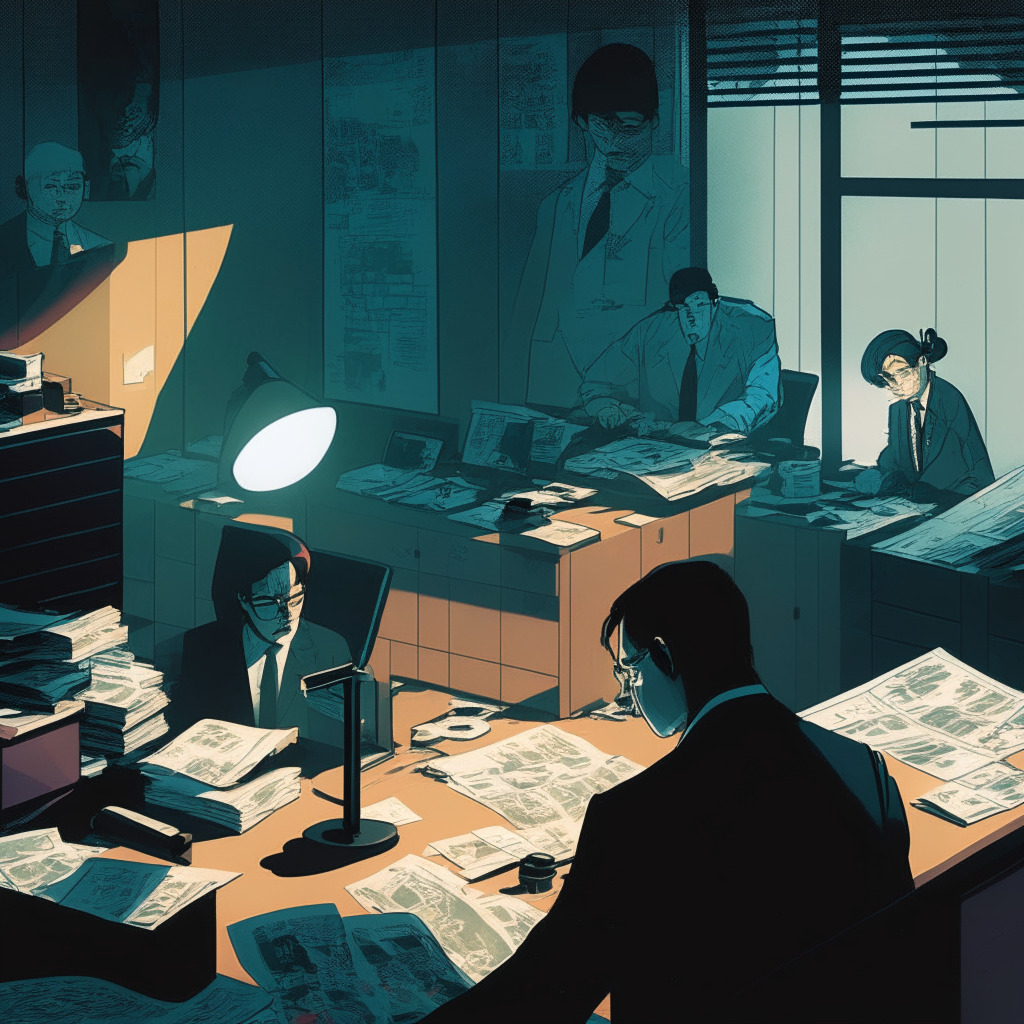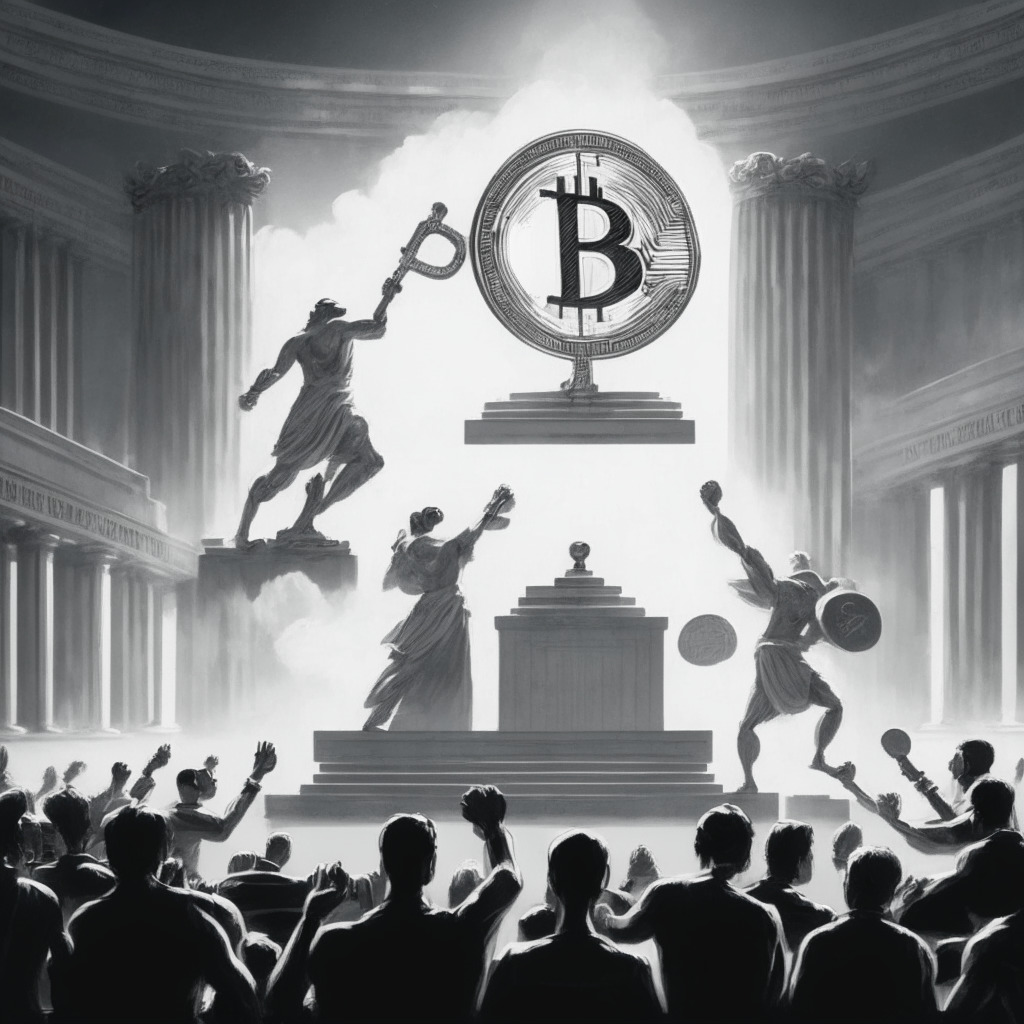South Korea’s Prosecutor-General, Lee Won-seok, has announced a commitment to conduct a “thorough review” of the cryptocurrency sector following growing public suspicion surrounding politicians and their digital asset holdings. According to Yonhap, Lee stated that his agency would “faithfully investigate” the sector and address public concerns about crypto assets.
This decision emerges amidst a wave of public outcry spurred by the Coin Gate scandal, wherein a leading MP, Kim Nam-kuk, allegedly traded coins after obtaining “insider knowledge” of impending crypto regulations. Although a variety of other allegations have been made against Kim, many speculate that he may not be the only lawmaker with crypto-related secrets. In response to these concerns, Lee publicly distanced himself from virtual currencies, claiming that he has “never owned stocks or crypto assets” and does not plan to do so in the future.
During a meeting with the media outside the Suwon District Prosecutor’s Office, Lee identified several areas of focus for his agency’s investigation, including token listings on exchanges. This comes after several prominent crypto exchange officials faced charges of price manipulation this year; accusations have surfaced that these individuals were involved in bribe-taking to influence the listing of certain tokens. Given the tendency for altcoin prices to surge dramatically when announcements are made about listings on major domestic platforms, it has been suggested that some individuals may have artificially influenced these spikes through coercive dealings with exchange officials.
The Prosecutor-General’s focus on tackling “investment problems” and addressing “speculation problems” associated with cryptocurrencies suggests the investigation will extend beyond the current scandal. In fact, Seoul has recently faced accusations of senior lawmakers facilitating crypto-powered “remittances” to parties with links to North Korea. Lee is committed to using the evidence available to “deal” with potential legal infringements “according to the law” while ensuring that his prosecutors also continue their efforts to combat the “drug problem.”
President Yoon Seok-yeol declared “all-out war” on crypto-powered drug trafficking just last month. This move comes as an increasing number of teenagers involved in narcotics trading are being handed jail sentences.
In light of the scandals and their implications, public figures have been calling for open transparency from lawmakers and regulators, urging them to disclose their respective crypto asset holdings. Although the Prosecutor-General’s thorough review of the sector seems promising, skepticism remains, and the true extent of politicians’ involvement in the burgeoning crypto industry may only be elucidated in time.
Source: Cryptonews




